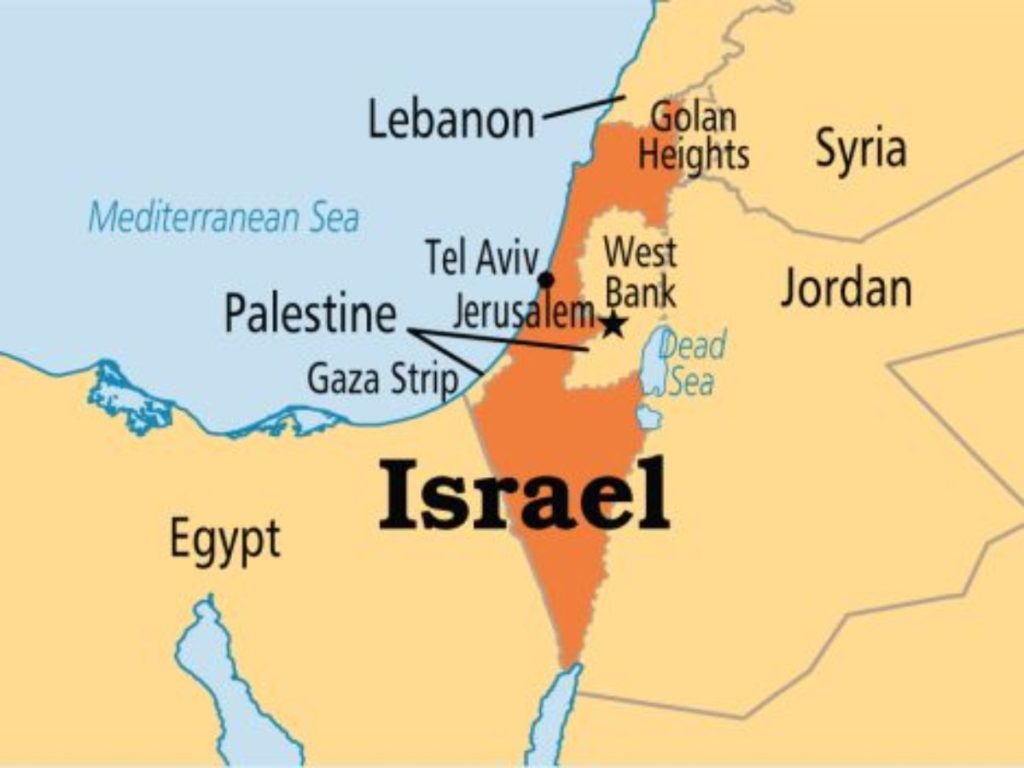Focus: GS-II International Relations
Why in news?
- Members of UN said: India has remained “steadfast” in its support for Palestinian rights and has consistently voted in favour of Palestine at the United Nations on “15 key resolutions”.
- They called for New Delhi to play an “enhanced” role in the search for a solution to the Israel-Palestine conflict.
Israel – Palestine Conflict
- The Israeli–Palestinian conflict is the ongoing struggle between Israelis and Palestinians that began in the mid-20th century.
- The origins to the conflict can be traced back to Jewish immigration and sectarian conflict in Mandatory Palestine between Jews and Arabs.
- Despite a long-term peace process and the general reconciliation of Israel with Egypt and Jordan, Israelis and Palestinians have failed to reach a final peace agreement.
- The key issues are mutual recognition and security, borders, water rights, control of Jerusalem, Israeli settlements, Palestinian freedom of movement, and Palestinian right of return.
What is the Two-state Solution
- The two-state solution to the Israeli–Palestinian conflict envisages an independent State of Palestine alongside the State of Israel, west of the Jordan River.
- The boundary between the two states is still subject to dispute and negotiation, with Palestinian and Arab leadership insisting on the “1967 borders”, which is not accepted by Israel.
- Many attempts have been made to broker a two-state solution, involving the creation of an independent Palestinian state alongside the State of Israel (after Israel’s establishment in 1948).
- In 2007, the majority of both Israelis and Palestinians, according to a number of polls, preferred the two-state solution over any other solution as a means of resolving the conflict.

The History of India’s stand in the Israel – Palestine conflict’
- In the early 1920s and amidst the Khilafat struggle, Indian nationalists made common cause with the Arabs of Palestine and adopted a position that was unsympathetic to the Jewish aspirations for a national home in Palestine.
- Mahatma Gandhi’s 1938 statement said “Palestine belongs to the Arabs in the same sense that England belongs to the English and France to the French”.
- Prime Minister Narasimha Rao hosted Arafat in 1992 for the first time and signalled India’s intention of abandoning its four decades old policy of non-relations with Israel.
India’s stand in the Israel – Palestine conflict:

- India has consistently voted in favour of those resolutions that promote the two-state solution with a Palestinian claim to East Jerusalem.
- Peace based on two-state solution is much needed in the face of international proposals that are in breach of these principles, and cannot be forged between Israel and a third country [U.S.], but can only come from Israel-Palestine talks, which India also supports.




